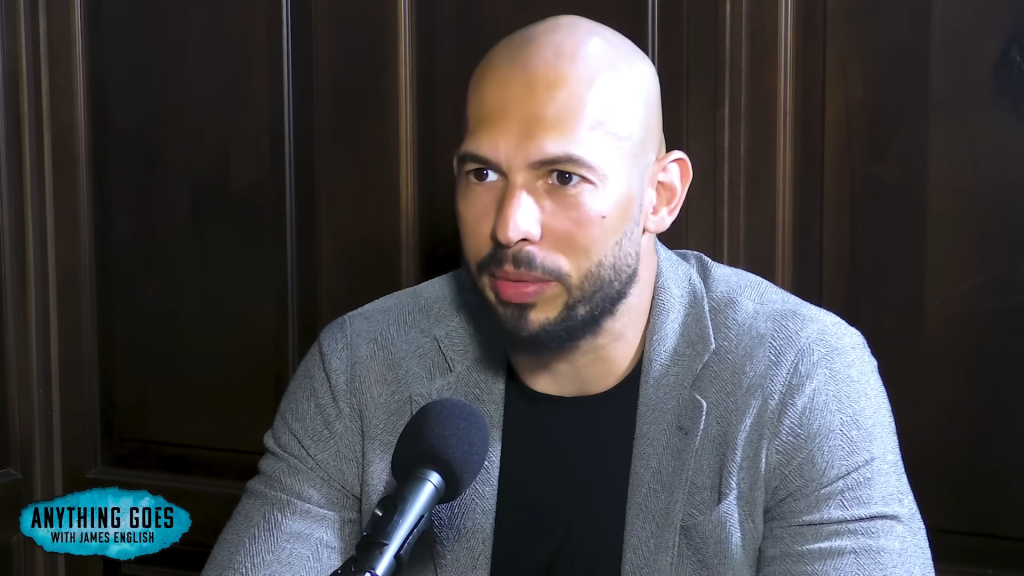There’s a whole lot of women’s empowerment material out there saying how much our language is hurting us, telling women that words like “sorry,” “I think,” and “I feel” should be replaced with stronger language. Well I’m sorry, but I think this coaching is dead wrong. I’m going to review how and why we keep telling women to stop saying sorry and other diminishing language, and why I personally don’t believe we should all be racing to change the way we speak. Let’s jump in.
As a keynote speaker and coach, I have had the privilege of talking to a lot of high power executives. The truth that I’ve discovered is that so often the language dismissed as “too feminine” or “weak” is the most powerful way forward. In a Harvard Business Review article, Jerry Wiseman advises leaders to replace what he calls “weak, meaningless words” with stronger ones. He talks about how a simple word replacement can change the impact of our overall communication. Wiseman advises us to replace words like “I think,” “I feel,” and “I believe” for what he calls stronger options like “I’m confident,” “I’m convinced,” and “I expect.”
Wait…what?
Since when was being the smartest person in the room, “the expert,” always a great leadership technique? How much more powerful is it to be able to show up and say “I believe this is the path forward, and I’m open to alternatives.” Perhaps we should be less confident and convinced, and leave the statement more open for challenge. Even if we are confident and convinced, why not show up to collaborate and get it right by staying open with feeling words rather than having to be right and close off an opportunity to learn? I think there’s a lot of fear in leaders who use overly powerful language to communicate. Rhey’re afraid of appearing incompetent, or perhaps even showing up like a fraud or an imposter. It takes a much more powerful leader to be able to recognize that those words aren’t weak, but actually the backbone of building great collaborations and teamwork.
Now here’s the problem for women: since these tend to be phrases we adopt in our language more readily, it can often appear to a leadership structure that’s been built on a more masculine dominant framework that we need to adjust our language in order to be taken more seriously. Nah! We just need to find ways to point out how much stronger these phrases can be to help achieve our leadership goals. Change the system, don’t change yourself.
Finally we come to the bit about apologizing. When I was first being coached as a leader, I was told to never say sorry. I’m sorry…what? I get it; sorry has become a ubiquitous word to express a range of emotions spanning a wide berth from deep concern to a benign automatic retort, and this course of contrition may be a harmful song to sing. But I don’t believe we should just throw it out all together. Let’s start with why apologizing is problematic: buying into the belief that you are at fault, even when your response is highly automated. It’s a reaction that many of us have to minor indiscretions like apologizing for being 30 seconds late as a result of traffic you couldn’t control. That changes the story of value that you assigned to yourself. Sorry, in this instance, is the apologetic language of those who are serving or otherwise unempowered. The stories we tell ourselves are powerful, and the brain creates a life that matches the language we use too often. That means that women in particular find ourselves in positions where our very existence feels like an imposition. We need to challenge ourselves to expand our vocabulary in ways to empower rather than apologize to our own diminishment. Instead of “sorry,” perhaps we can offer words like “how can I help?” or “I’m with you,” or “I hear you.” There are plenty of instances in which you might find yourself currently apologizing that probably do need to stop. For example, stop apologizing for asking questions, vocalizing needs, not being available all the time, having feelings, and having boundaries.
However, my coach’s well-meaning advice neglected to account for times when apologizing really is important. A good apology is valuable especially when you’ve done something intentionally or not that caused pain for another person. When we take responsibility by acknowledging our actions, validating feelings, and expressing remorse, we can proactively help change the narrative. We aren’t weak; we’re owning our mistakes, and there’s nothing stronger than that.
Until next time, live more, fear less.









